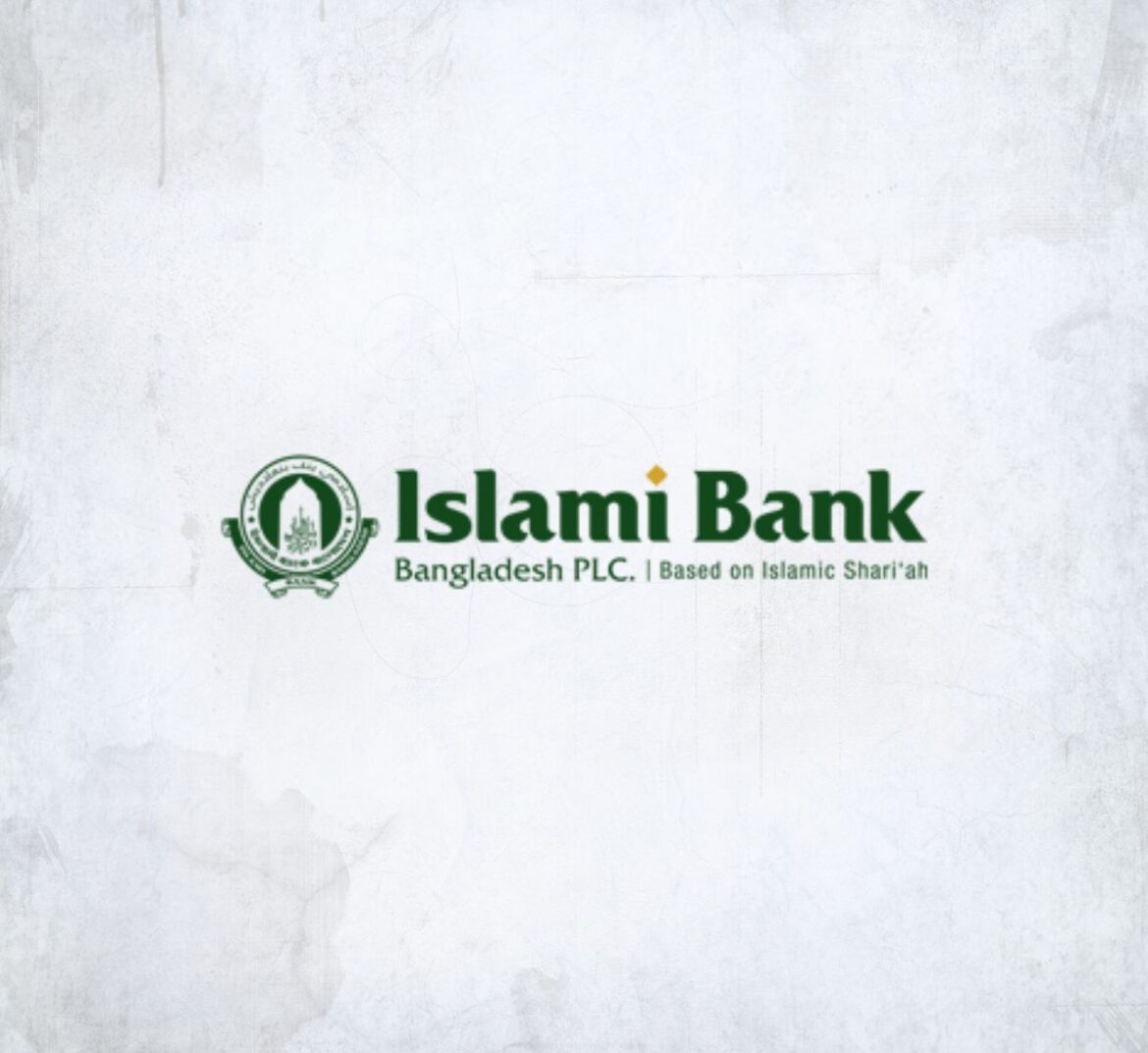Bangladesh is preparing for a landmark consolidation in its financial sector with a proposed merger of several Islamic banks, a move set to create the country’s largest locally-owned lender. If approved, the merger will reshape the banking landscape, boost financial stability, and expand the reach of Shariah-compliant banking services nationwide. According to reports, multiple Islamic banks in Bangladesh are in talks to unite under a single entity. This initiative is being closely monitored and encouraged by financial regulators who view consolidation as a way to strengthen governance, improve asset quality, and ensure better capital adequacy. The proposed merger comes amid efforts by Bangladesh Bank to improve the overall health of the banking sector, particularly Islamic banks, some of which have faced scrutiny over loan irregularities and management challenges. By combining their assets, networks, and operations, the merged bank would be better positioned to compete with both local and foreign commercial banks operating in the country. Once finalized, the new entity is expected to have the largest asset base among domestic banks in Bangladesh. This would allow for more robust lending capacity, particularly in key growth sectors such as SMEs, agriculture, and infrastructure. The larger capital base would also support long-term investments and expand financial inclusion through broader branch networks and digital banking platforms. Islamic banking has seen growing demand in Bangladesh due to cultural preferences and ethical investment principles. A unified Islamic mega bank could help meet this demand more efficiently, offering a wider range of Shariah-compliant products, enhanced customer service, and stronger governance frameworks. Experts believe the merger would allow the banks to streamline operations, reduce costs, and modernize core banking systems. It also aligns with the central bank’s broader reform agenda, which includes encouraging mergers and acquisitions to build a more resilient and transparent financial sector. Industry leaders have expressed optimism about the move, noting that it could restore public confidence and attract both domestic and foreign investment in Islamic finance. The merged bank is also expected to play a stronger role in regional financial cooperation and development financing. If successful, this consolidation could serve as a model for future restructuring in the banking sector, where several institutions face similar challenges. By creating a stronger, unified Islamic bank, Bangladesh aims to strengthen its financial ecosystem and ensure sustainable growth for the future.
Bangladesh’s Planned Islamic Bank Merger Aims to Create Nation’s Largest Local Lender
51


